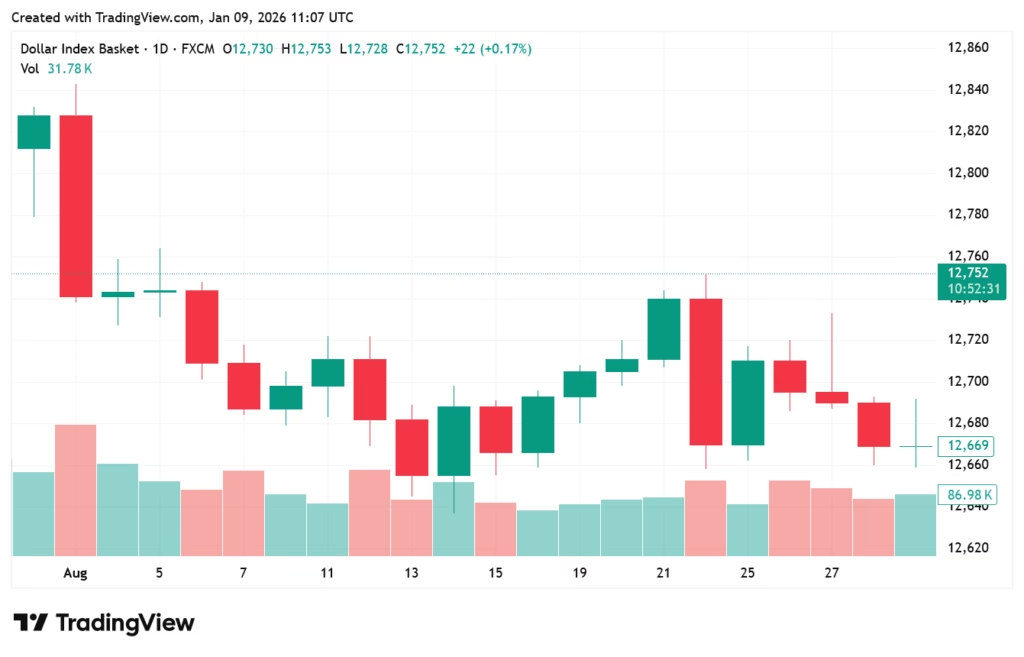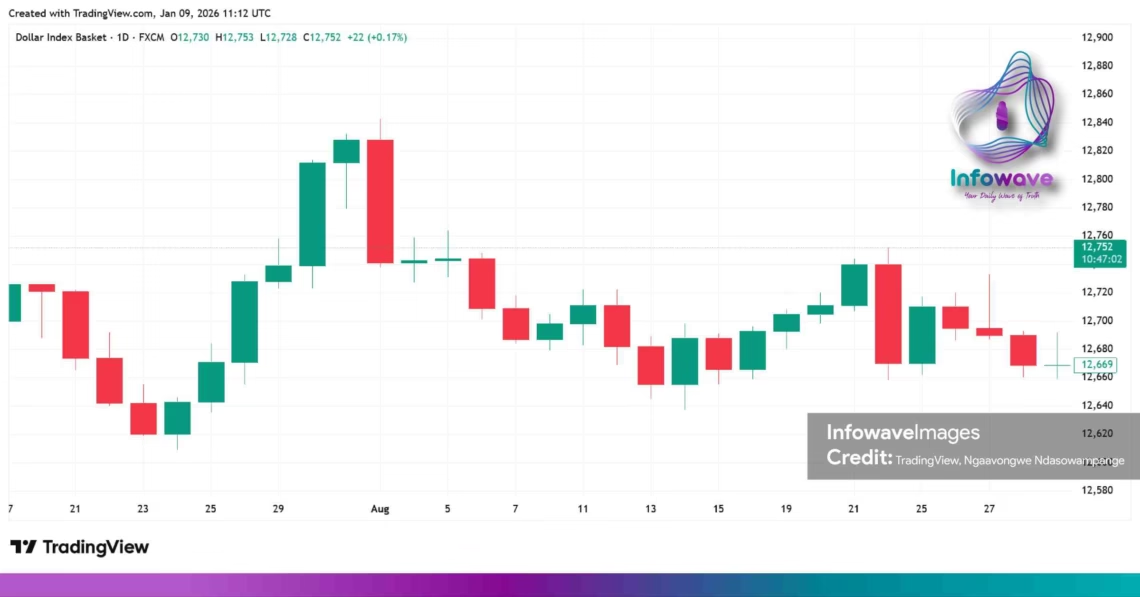The US dollar index since the start of the year has been on steady descent, mostly escalated by US trade wars with the rest of the world. The US, which is the largest household final consumption per capita of $44.5k in the world, is the largest export market for most foreign countries, and since April, it has initiated reciprocal tariffs to its trading partners and is causing a stir in the international markets.
The US, since its domestic market is largely sought-after, foreign importers to the US get dollars in payment for their products. This is, i believe, one of the factors that anchors the US dollar as the reserve currency. This checks out with the fact that almost 50% of international invoices are denominated in the US dollar currency. But however tables have since been turning slowly but surely all thanks to the tariffs. Foreign importers to the US are starting to consider new alternative markets for their products. The US dollar index, which tracks the strength of the dollar against a basket of major currencies, has been falling from left to right and downwards. The US dollar index is calculated by the following six major currencies, which are the Euro (EUR) -> 57.6% weight, Japanese yen (JPY) -> 13.6%, Pound Sterling (GBP) -> 11.9%, Canadian dollar (CAD) -> 9.1%, Swedish Krona (SEK) -> 4.2% and the Swiss Franc (CHF) -> 3.6%.

Some experts are starting to question whether or not the US currency will strip off its safe haven status due to the trade wars going on. A well-known international bank released a report to its stakeholders titled, “Risk of the USD losing its safe haven status.” This title is not absurd. It’s quite reasonable if you ask me. But i am inclined to believe that it would take more to dethrone the US dollar from its long standing title. But with all that is said and done in the international market space, the US dollar index and the like. What relevance is it to Zimbabwe?
Zimbabwe, as a nation, is highly dollarized, and only around 30% of its transactions are denominated in the local currency ZiG. That means 70% of transactions are in US dollar, mainly used by the informal sector. Delta Corporations, a beverages company and one of the biggest listed companies on the Zimbabwe Stock Exchange (ZSE) imports some of its materials from the EU. Since Delta mostly trades in US dollar, with US dollar cash in their hands they import materials from countries as far as Europe and with the US dollar losing value that that translates to costs for them. In an interview, the executive director of finance at Delta Corporation, Alex Makamure, had this to say:
The US dollar has lost value . Our imports, which are largely from the EU, are now more expensive.
High import costs filter through as additional costs to the business, and high costs usually correlate to high prices in general. It’s high time that Zimbabwe had its own “solid” currency backed by sound practical policies and the necessary fundamentals needed to uplift it from its knee-deep currency complications to avoid severe external shocks like these (trade wars).

